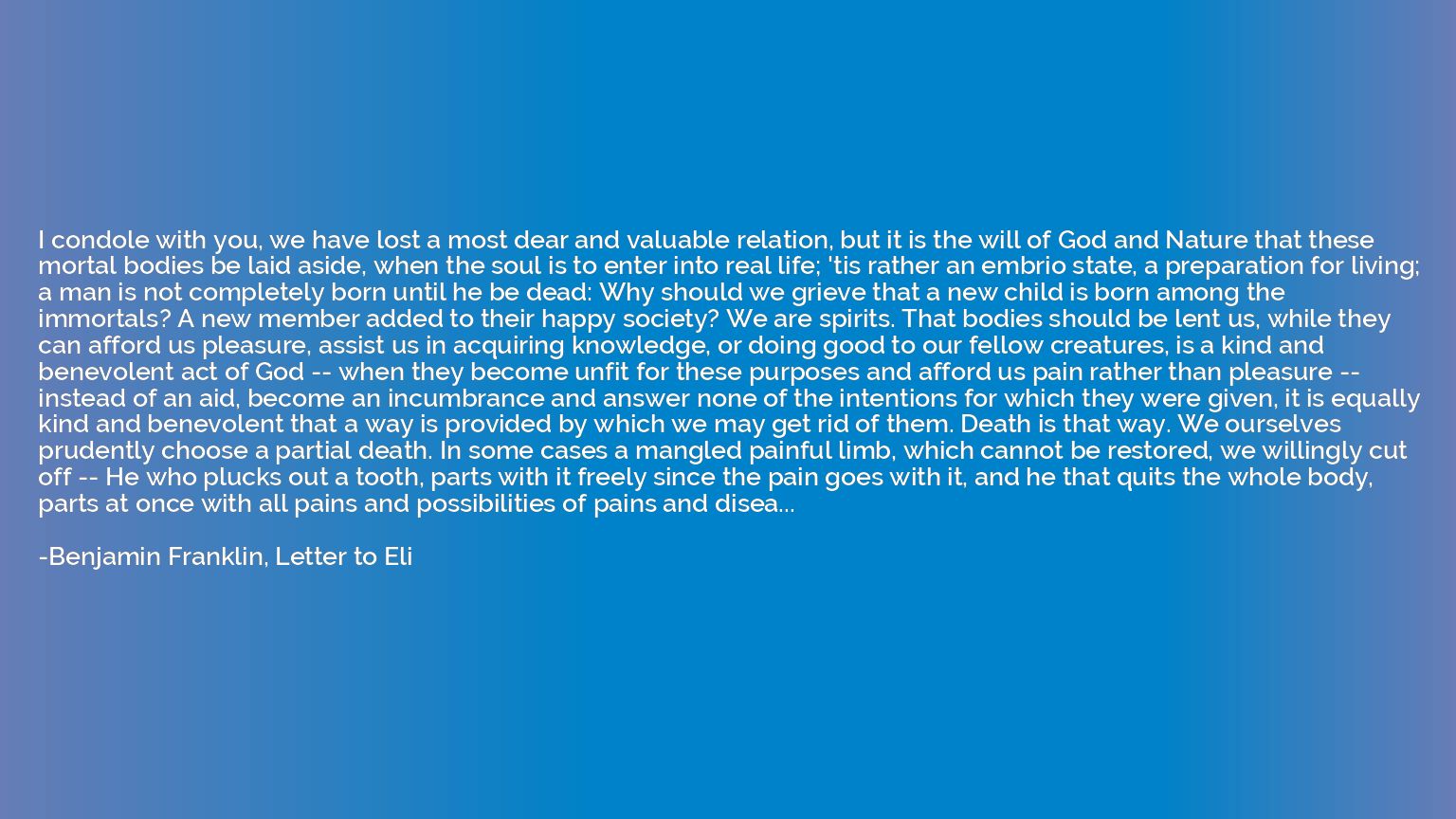Quote by Edith Wharton
Almost everybody in the neighborhood had troubles, frankly localized and specified; but only the chosen had complications. To have them was in itself a distinction, though it was also, in most cases, a death warrant. People struggled on for years wit

Summary
This quote highlights the distinction between troubles and complications. While almost everyone in the neighborhood faces localized and specified troubles, only a select few are burdened with complicated problems. Having complications sets individuals apart, but it also often leads to their downfall. Many people in the neighborhood persevere for years, carrying the weight of their complications, which can sometimes serve as a death sentence. This statement alludes to the idea that dealing with complexities can be both isolating and potentially disastrous.














